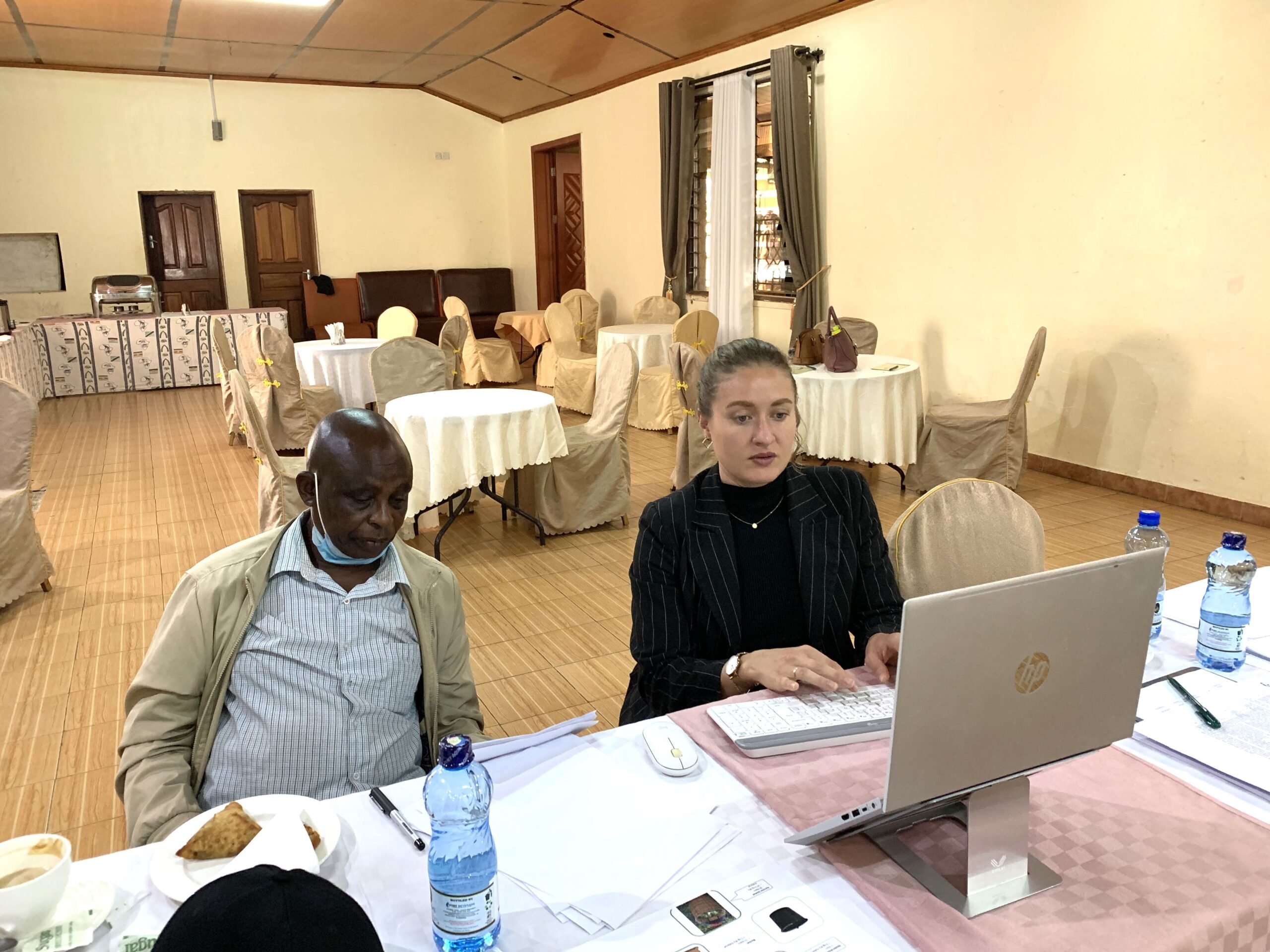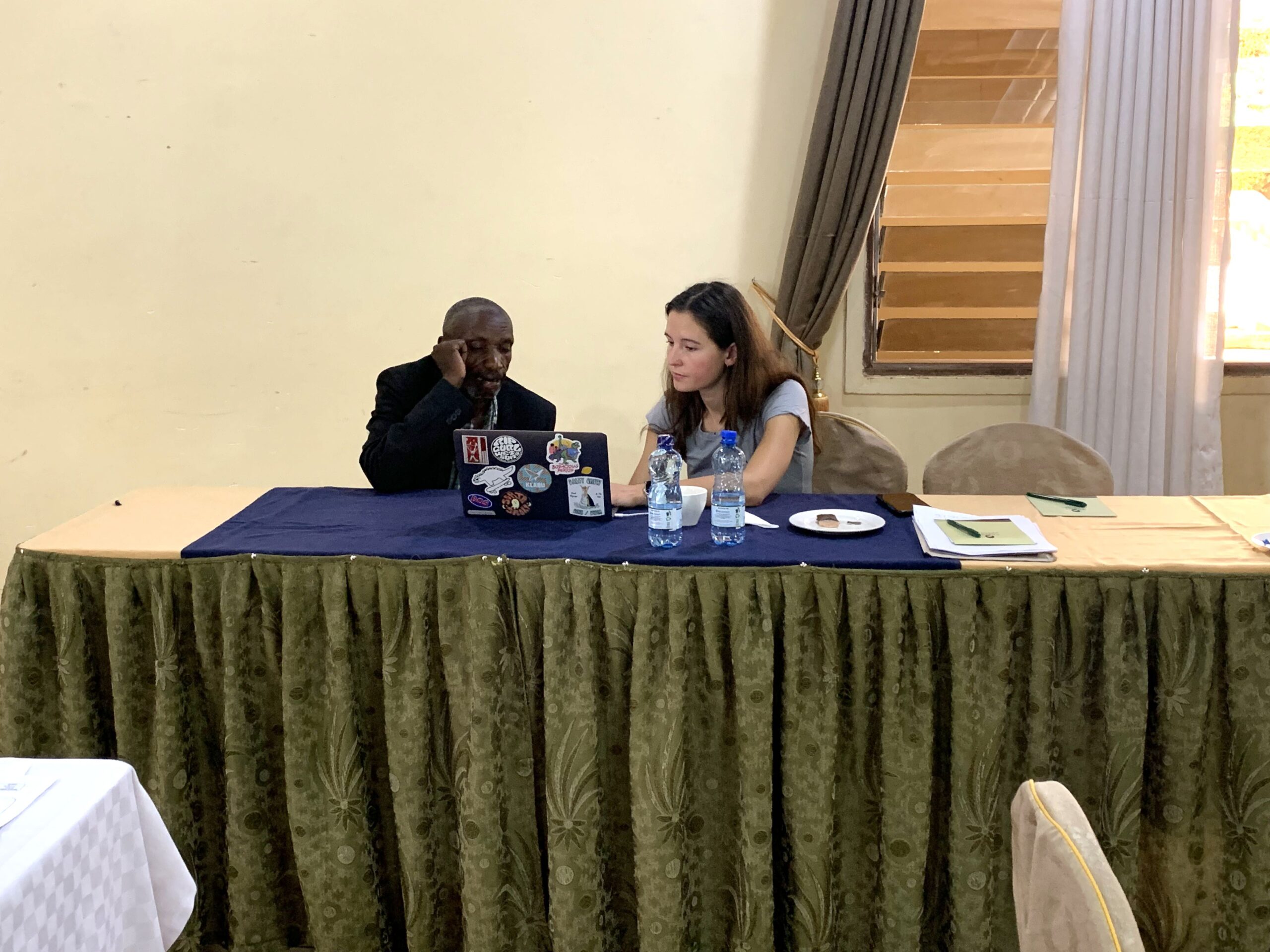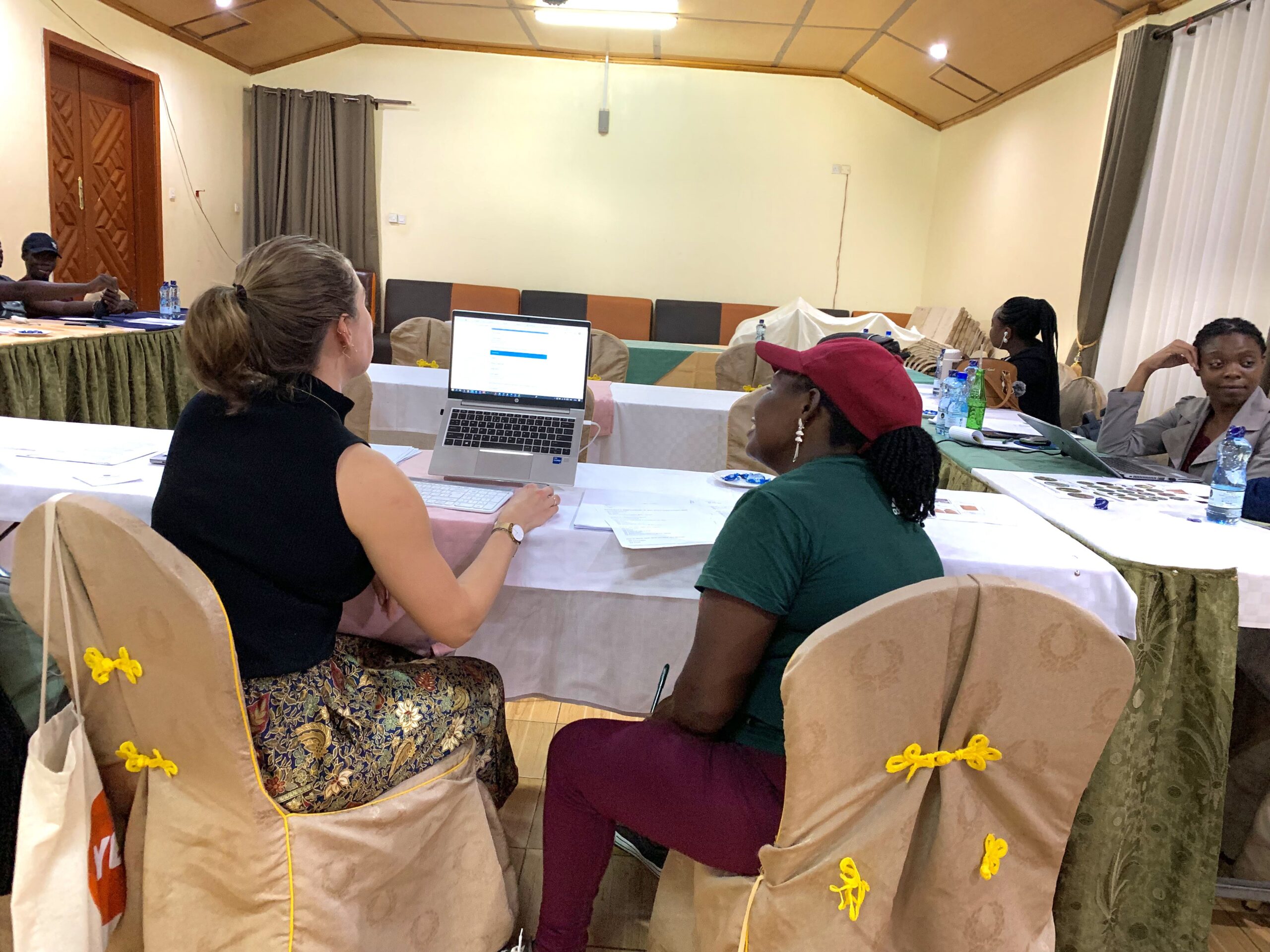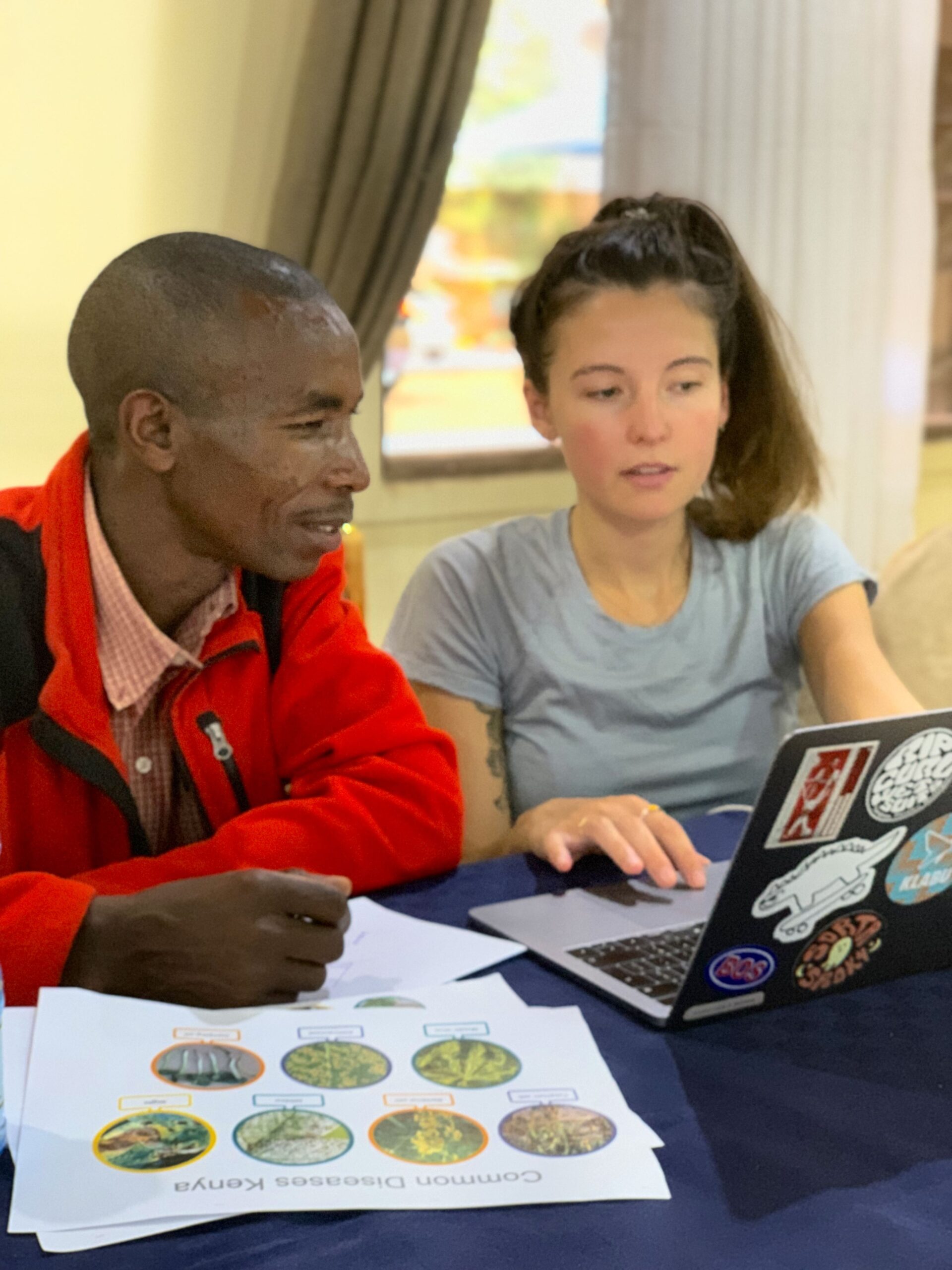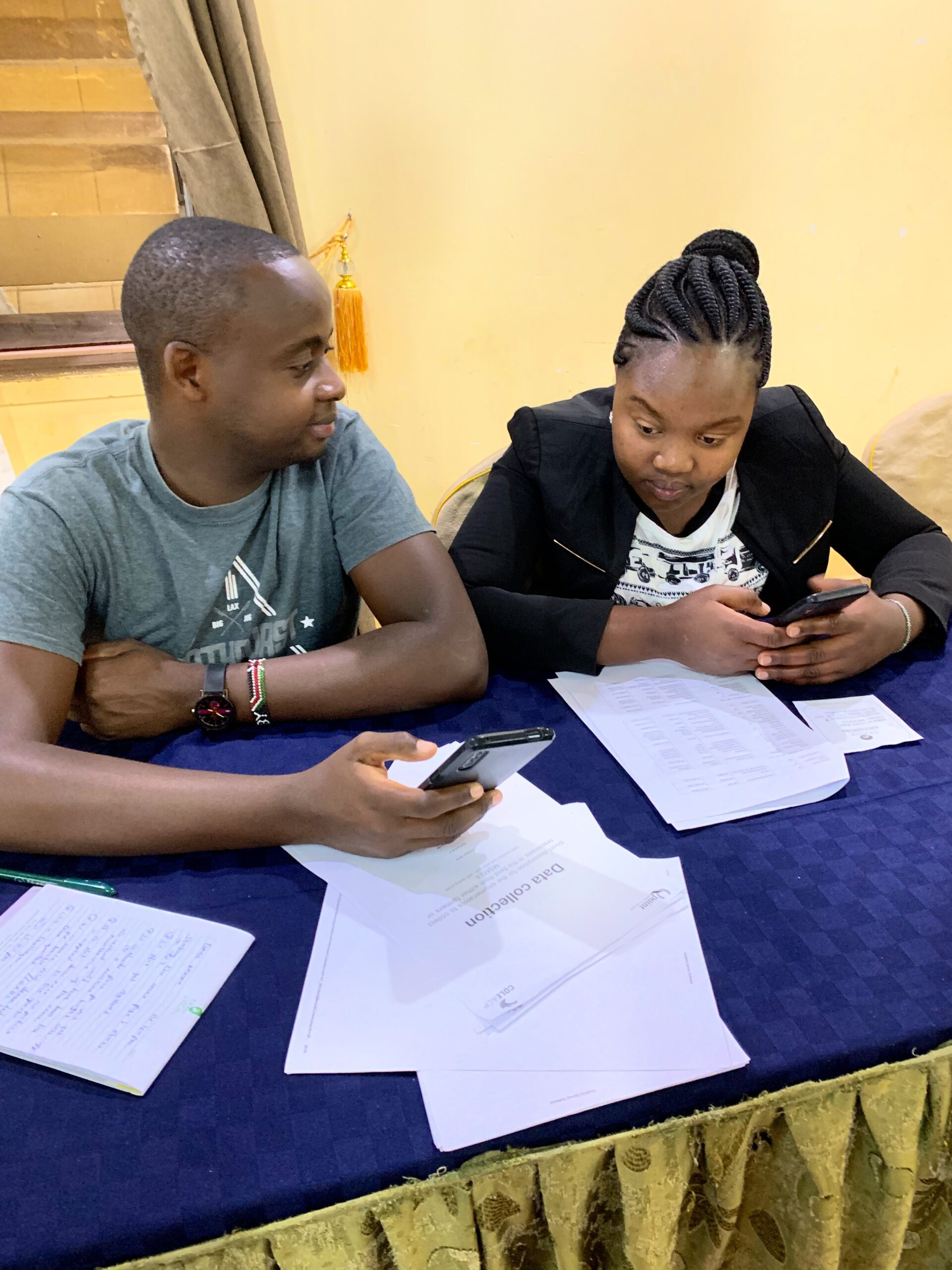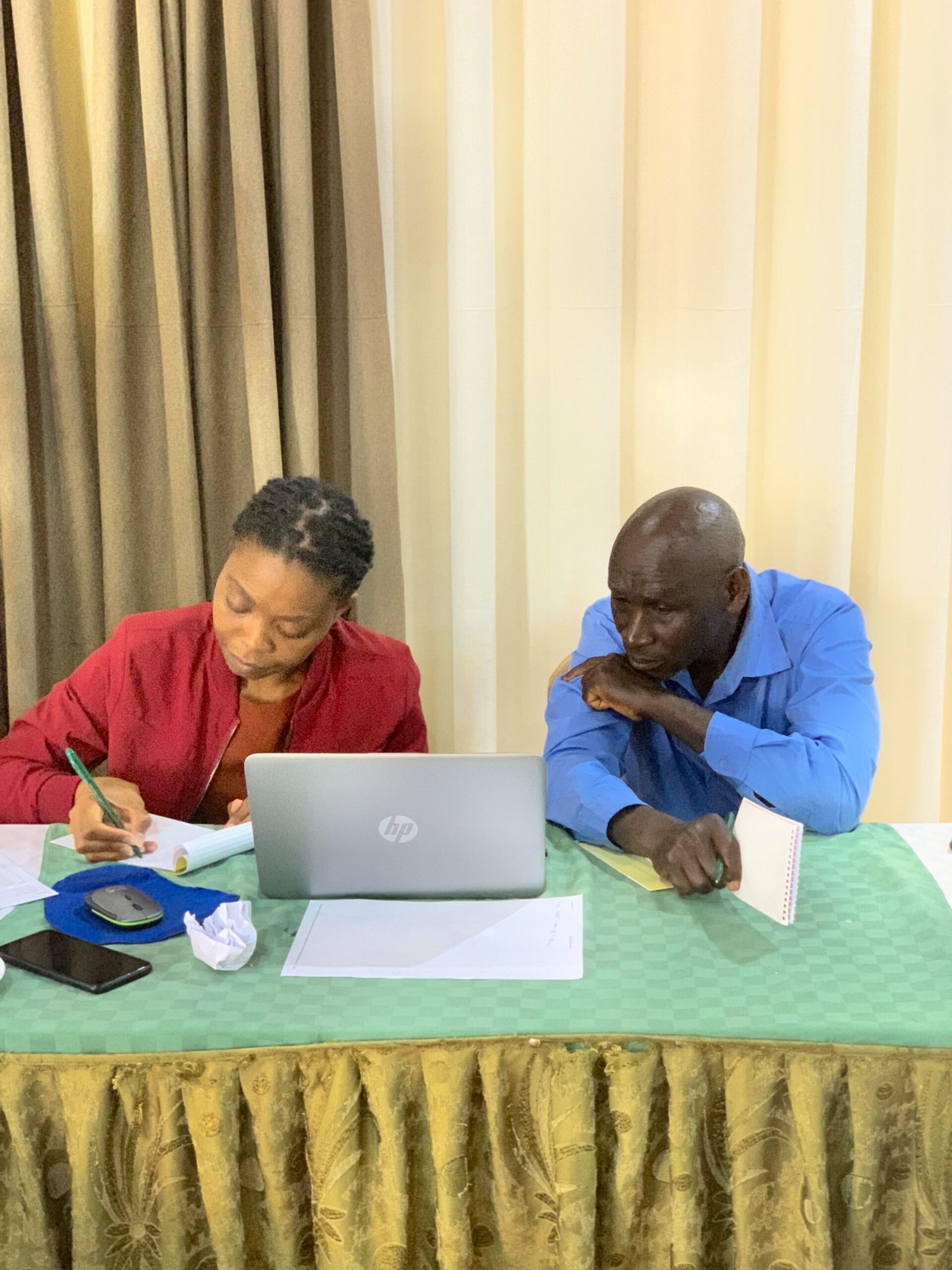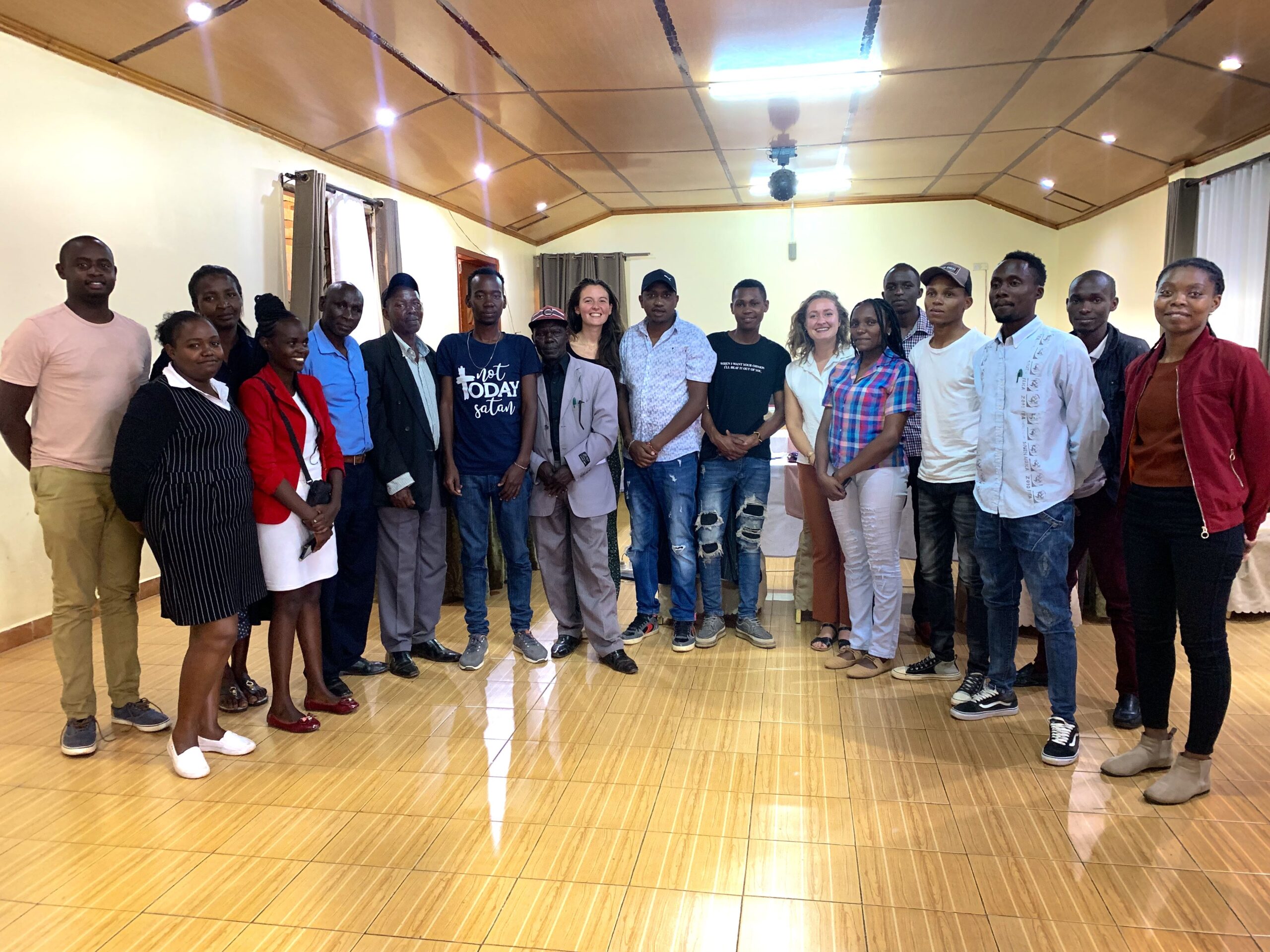Data collection tool pilot in Murang’a, Kenya
Pilot data collection tool in Murang’ a
Last week, our team was in Murang’a (Kenya) to conduct data collection. The collection was meant to collect responses in the field from either farmers or agricultural MSMEs, in order to pilot the data collection tool Q-Point has developed with Kenyan stakeholders for Kenya National Horticulture Task Force.
Goal
The results from the pilot survey will assist the Kenyan Government and other partners to design intervention programs towards creating an enabling environment that will be conducive for investments by the private sector actors and operations of micro, small and medium-sized enterprises in the Kenyan agricultural sector.
The overall objective of the project this pilot is part of, is to review, test and finalize a national data collection tool for the horticulture sector in Kenya, including farmers and Micro, Small and Medium enterprises.
National Horticulture Task Force
The Kenya National Horticulture Task Force was created in 2004 in response to challenges in the international markets. It was a multi-stakeholder interactive and consensus-building forum with representation from public and private sector stakeholders in the horticulture sub-sector, promoting private-public sector dialogue. The major goal being to assure Kenya’s horticultural produce complies with market requirements and sustains its reputation as a leading grower and exporter of horticultural produce. The taskforce was involved in activities of capacity building; accreditation of business support facilities; awareness creation, development of common strategies; risk assessment; adoption of international codes of practices and regulations and market diversification.
However, it is noted that there still exists a huge potential for the growth of this industry within the regional and domestic markets yet this has been held back by a number of challenges that include:
a) Inadequate coordination of horticulture, development partners and other stakeholders at national and country level;
b) Weak institutions and associations across horticulture value chains;
c) Invalid, unreliable data and inadequate market infrastructure and supply chain for appropriate handling of horticulture produce from farm to the markets.
Need for reliable and consistent information
One of the objectives of the NHT is to facilitate the provision of reliable and consistent information on issues relating to the horticultural sector to all sector players /actors and NHT established a Data, Information Management, Market Development and Trade Facilitation committee (DIMMD&TF) with public and private stakeholders. NHT, through the DIMMD&TF committee has developed a draft data collection tool with the aim to collect data along horticulture value chain from production to marketing in Kenya. COLEACP selected Q-Point to assist in finalization of this tool to sharpen it further to ensure all based are covered.
Snapshots of the data collection:

